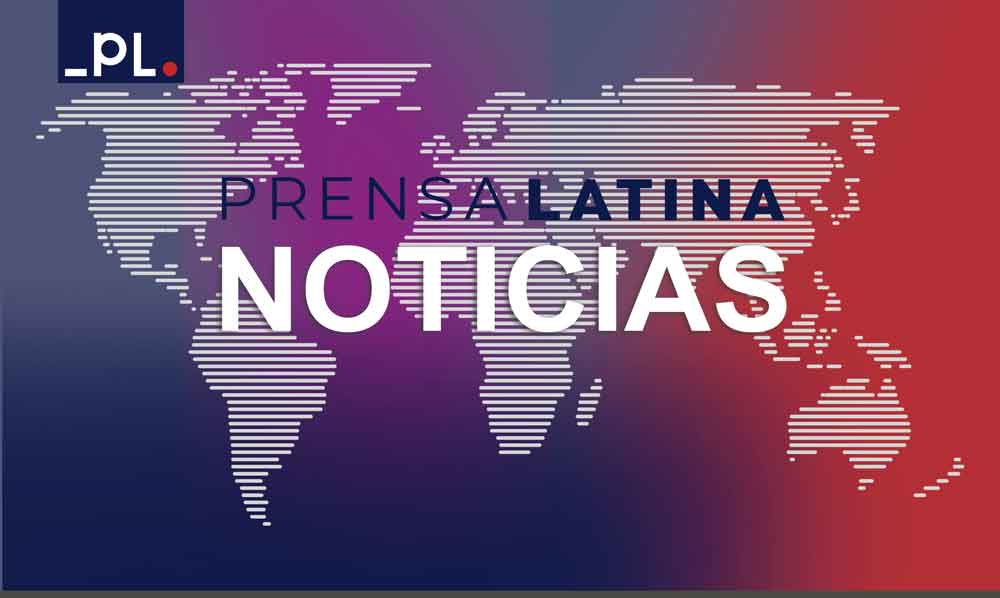The call, announced over the weekend, seeks to reverse the Security Council's failure amid the increasingly tense situation in the enclave after the United States vetoed a draft ceasefire resolution.
The text failed despite calls from Secretary-General António Guterres, who invoked Article 99 of the UN Charter and called for an end to hostilities.
For the first time since taking office, the United Nations chief used this opportunity to draw the Council's attention to any matter that, in his opinion, could threaten the maintenance of international peace and security.
The project, drawn up by the Arab Group, received the approval of 13 of the organization's 15 members and was supported by at least 97 countries represented at the United Nations, including Cuba, but the opposite vote from the North American mission caused it to fail.
Once again, the General Assembly meets in the face of the Council's inability to discharge its primary responsibility for maintaining international peace and security.
In this case, the Forum may immediately consider the matter in a special emergency meeting and recommend collective action to its members, as set out in the Union for Peace Resolution of November 1950.
The UN chief himself regretted on Sunday the lack of consensus in the security body over the adoption of the ceasefire resolution.
“The most important forum for the peaceful resolution of international disputes is paralyzed by geostrategic divisions,” Guterres warned at the launch of the Doha Forum in Qatar.
Since the beginning of the crisis, the contradictions between permanent members China, France, Russia, the United Kingdom and the United States have been difficult to find a solution centered on providing aid.
The High Representative warned that given the difficult circumstances for the arrival and distribution of supplies, even this rule would not be implemented.
This delay would come at a cost and significantly undermine the council's authority and credibility, he added.
lam/ebr

